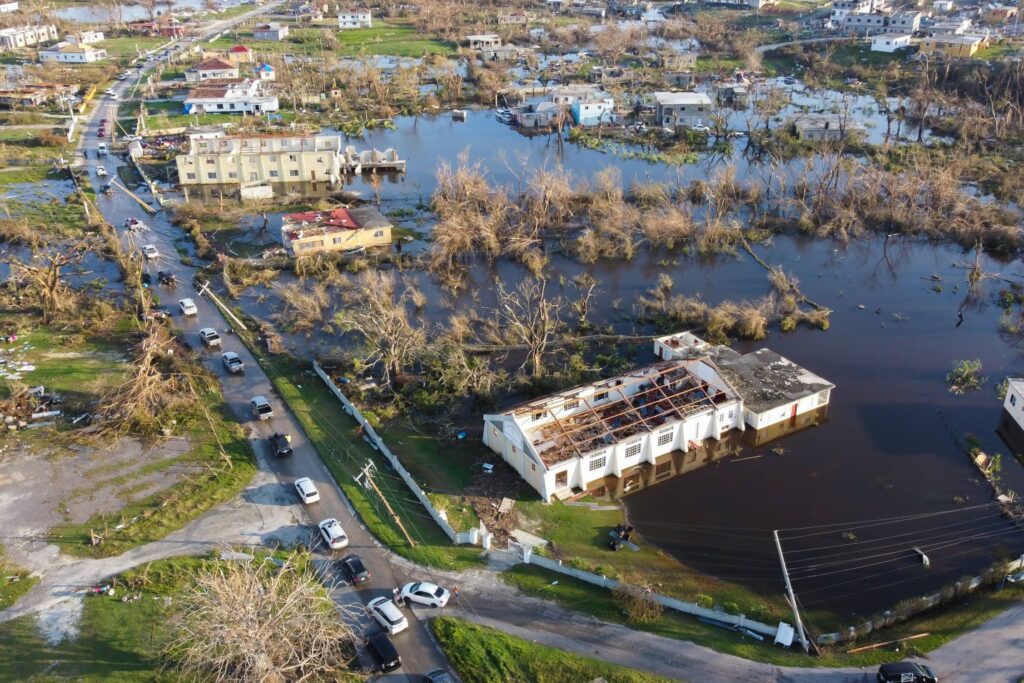In the wake of Hurricane Melissa, Jamaica’s health authorities have ramped up measures to prevent the spread of water-borne illnesses and other health hazards. Health and Wellness Minister Dr. Christopher Tufton emphasized the critical need to manage dead livestock and contaminated food products, which can rapidly lead to disease outbreaks, foul odors, and water source contamination if not handled properly. Speaking at a webinar titled ‘Let’s talk recovery: Protecting against food and water-borne illnesses after a disaster,’ Tufton detailed the ministry’s collaboration with the veterinary public health unit, the Ministry of Agriculture, and local public health inspectors to remove, bury, or destroy animal carcasses and related waste in accordance with strict national and international standards. Hurricane Melissa, a Category 5 storm, struck western Jamaica on October 28, causing widespread displacement and the deaths of numerous animals, whose remains now pose a significant public health risk. Chief Medical Officer Dr. Jacquiline Bisasor-McKenzie highlighted several post-hurricane factors exacerbating health issues, including power loss, compromised water and food supplies, solid waste accumulation, and overcrowding in shelters. These conditions increase the likelihood of infections and diseases, including food, water-borne, vector-borne, and air-borne illnesses. The hurricane has also severely impacted health facilities across the island, with many hospitals and clinics either partially operational or completely out of service. Efforts are underway to restore healthcare services, including the establishment of field hospitals to address the immediate needs of affected communities.
